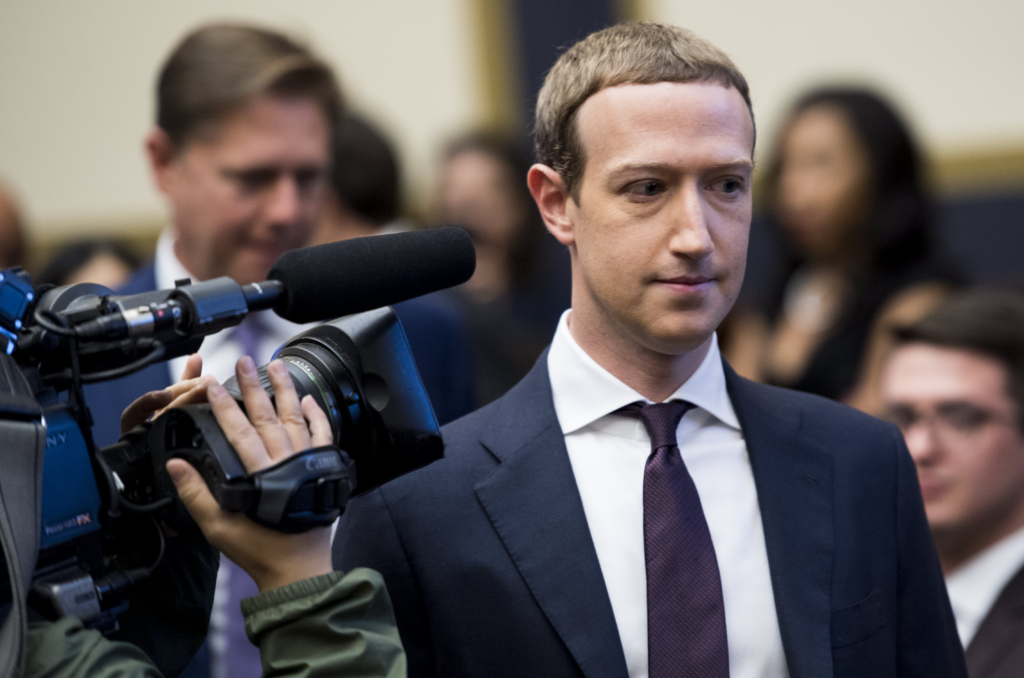The most consequential legal battle in Meta’s history begins Monday in Washington, DC, as the Federal Trade Commission’s antitrust lawsuit against the social media giant heads to trial. The outcome could dramatically reshape Meta’s business and the broader digital landscape.
The trial is the culmination of a nearly six-year probe into whether Meta’s acquisitions of Instagram in 2012 and WhatsApp in 2014 violated federal antitrust laws by eliminating competition. The FTC alleges Meta used a “buy or bury” strategy to neutralize emerging threats, ultimately monopolizing the social media market.
Opening statements will be delivered Monday before U.S. District Judge James Boasberg. The proceedings are expected to last seven to eight weeks, featuring extensive documentation and testimony from key figures including Meta CEO Mark Zuckerberg, former COO Sheryl Sandberg, and Instagram head Adam Mosseri.
What the FTC Wants
The FTC argues that Meta’s acquisitions have stifled competition, harming both consumers and innovation. The agency wants Meta to unwind its purchases of Instagram and WhatsApp, contending that divestiture is the only viable way to restore market competition.
“Divesting those apps will allow smaller social media companies to compete for consumers and ad dollars,” the FTC claims, “and loosen Meta’s grip on the industry.”
Meta’s Defense
Meta contends that the acquisitions were legal, approved by regulators over a decade ago, and reflective of fair competition. The company insists it’s now being targeted for its success and innovation.
Meta’s lawyers argue the tech landscape has evolved significantly since 2012 and 2014. The company says it now faces intense competition from platforms like TikTok, X (formerly Twitter), YouTube, and Snapchat.
In a statement, Meta said, “Its evidence at trial will show what every 17-year-old in the world knows: Instagram, Facebook, and WhatsApp compete with Chinese-owned TikTok, YouTube, X, iMessage, and many others. More than 10 years after the FTC reviewed and cleared our acquisitions, the Commission’s action in this case sends the message that no deal is ever truly final.”
Meta also maintains that a forced breakup would harm consumers, disrupting the integration between its apps and degrading user experience.

Impact on Users
Should the court rule in favor of the FTC, users could see increased competition among platforms, which regulators say would improve service quality and privacy protections. The FTC argues Meta’s dominance has led to lapses in user privacy and stagnant product quality.
But Meta warns that splitting its services would fragment the user experience and make its platforms less effective. The company argues that its integrated infrastructure benefits consumers, and that disbanding it would do more harm than good.
Political Undercurrents
Politics also shadow the case. The lawsuit began under the Trump administration in December 2020, during a period of high tension between Trump and Zuckerberg. Though the relationship has since thawed, speculation continues about political motivations behind the case.
Zuckerberg has recently aligned himself more closely with Trump’s camp. He’s ended Meta’s fact-checking partnerships and dialed back internal diversity programs, while donating $1 million to Trump’s inaugural committee and making multiple visits to Mar-a-Lago.
Although Trump previously threatened to imprison Zuckerberg, some speculate a settlement could still emerge during the trial. For now, however, the proceedings are expected to unfold over several weeks.
